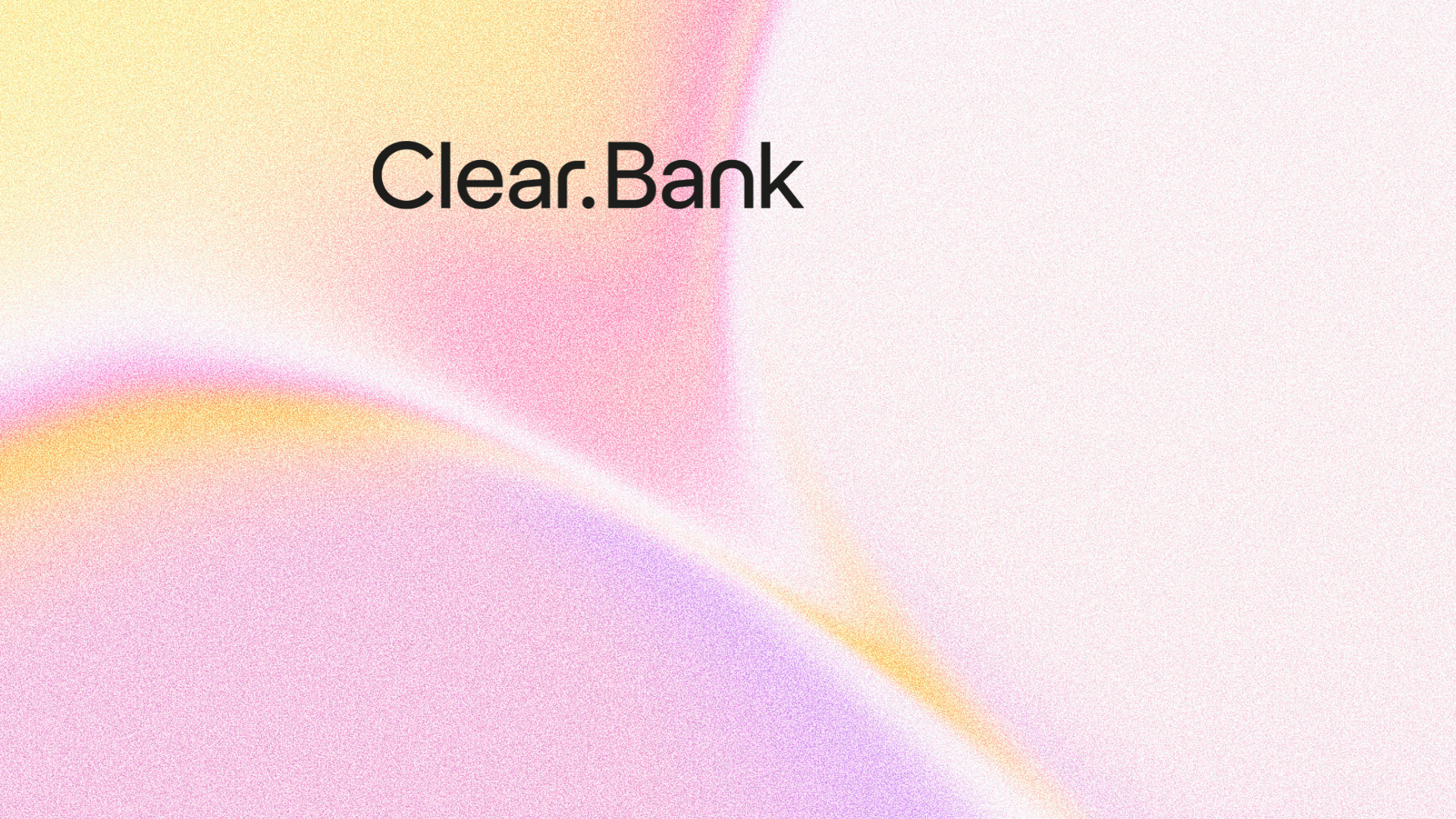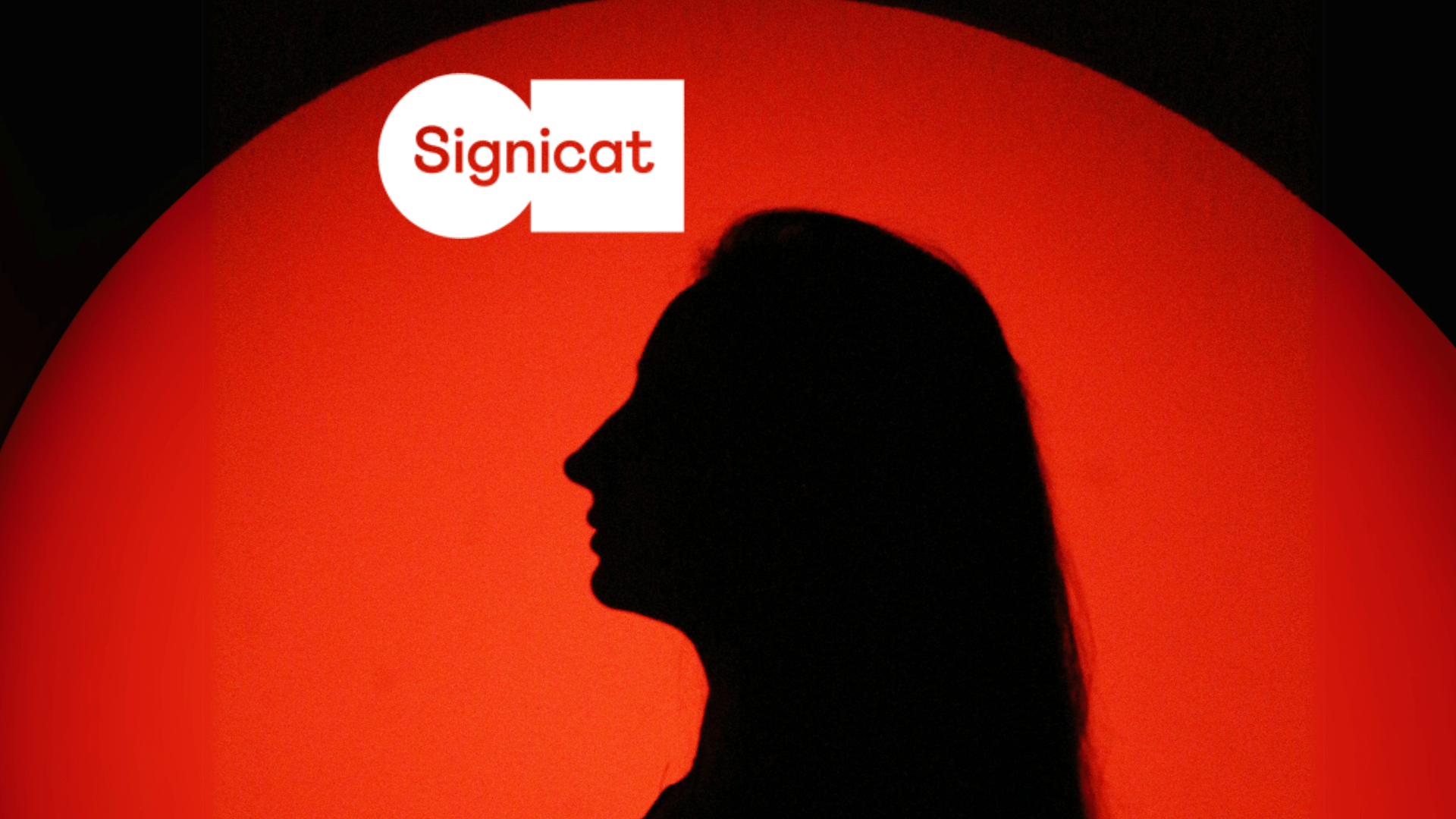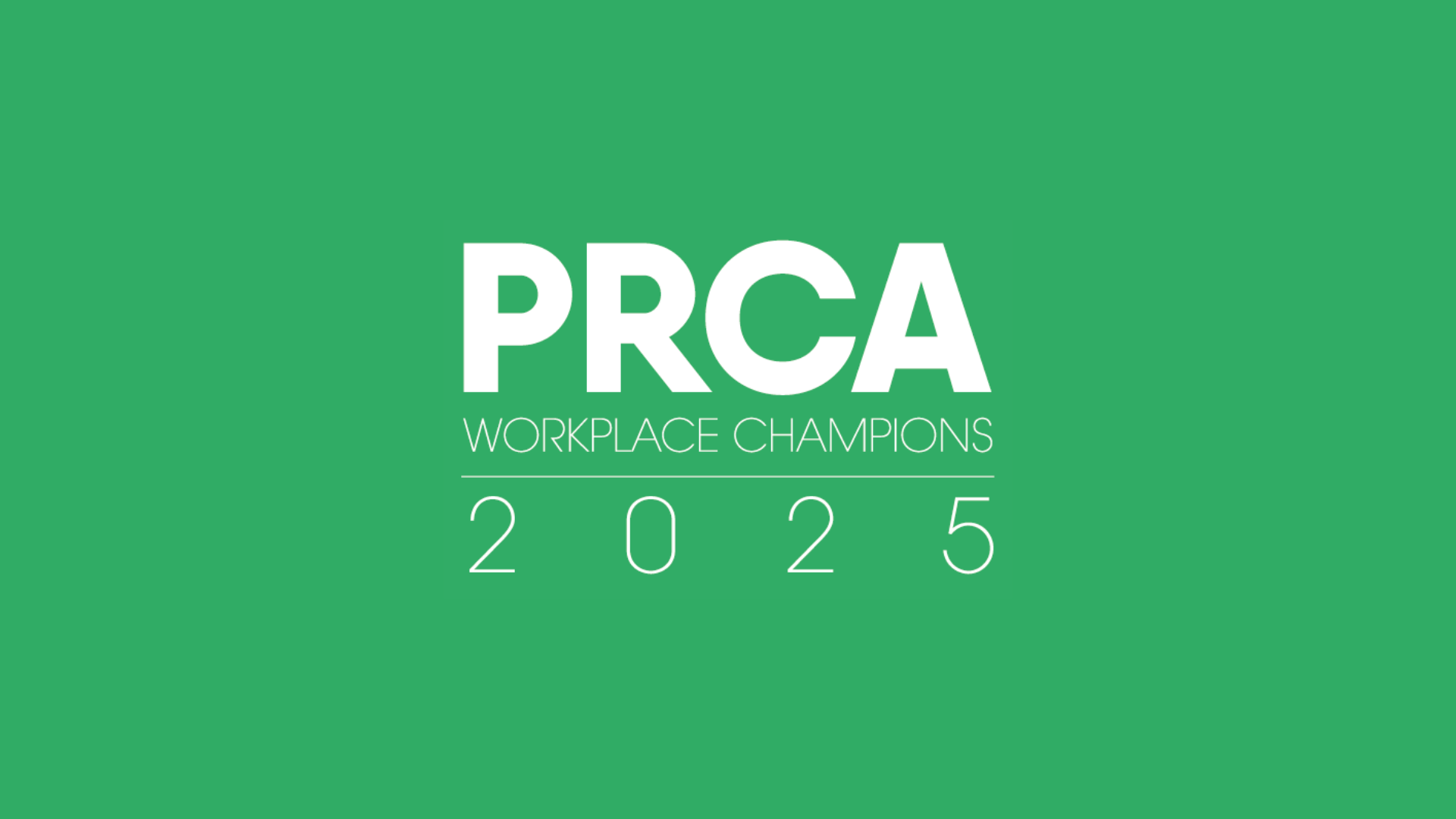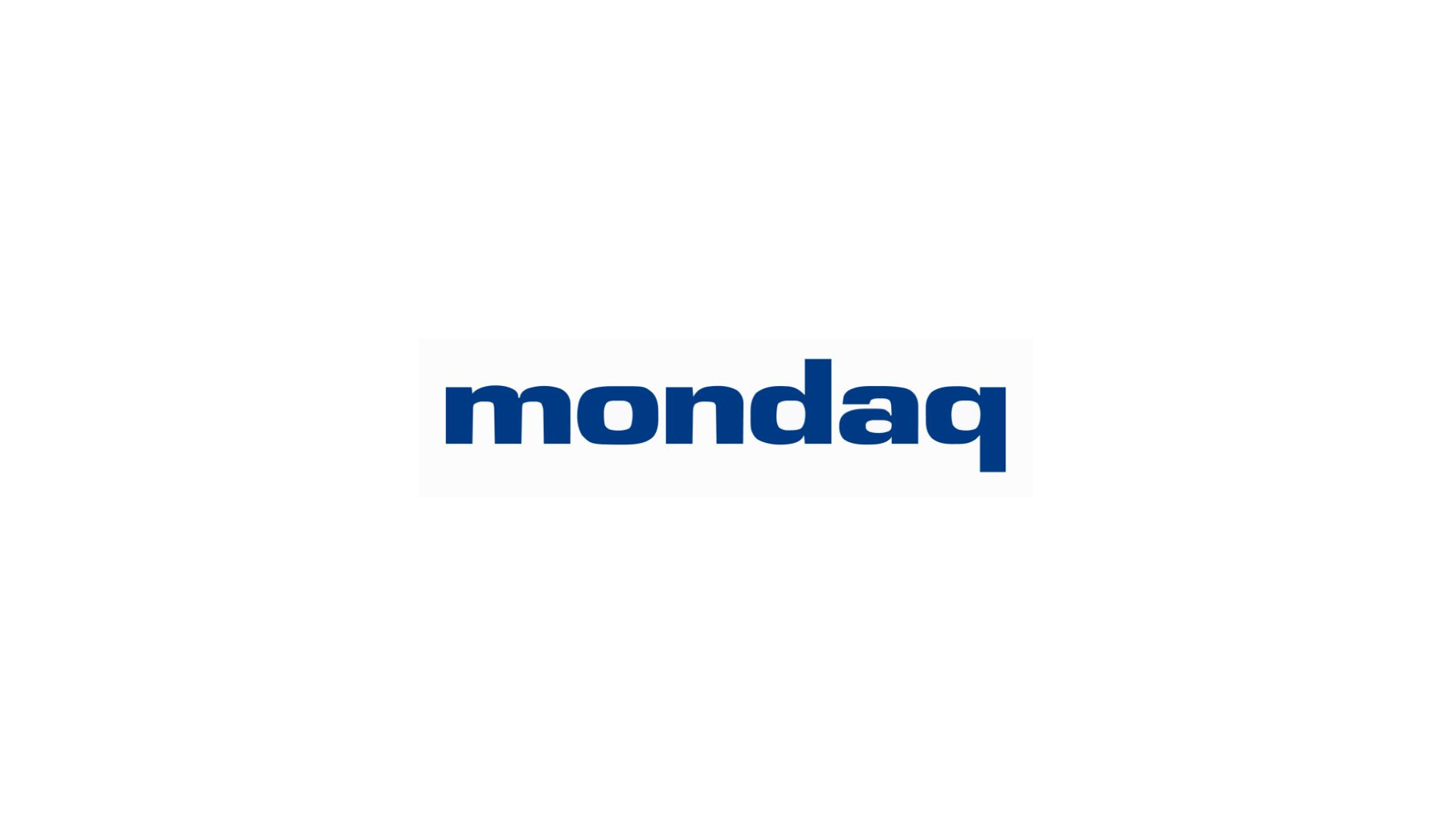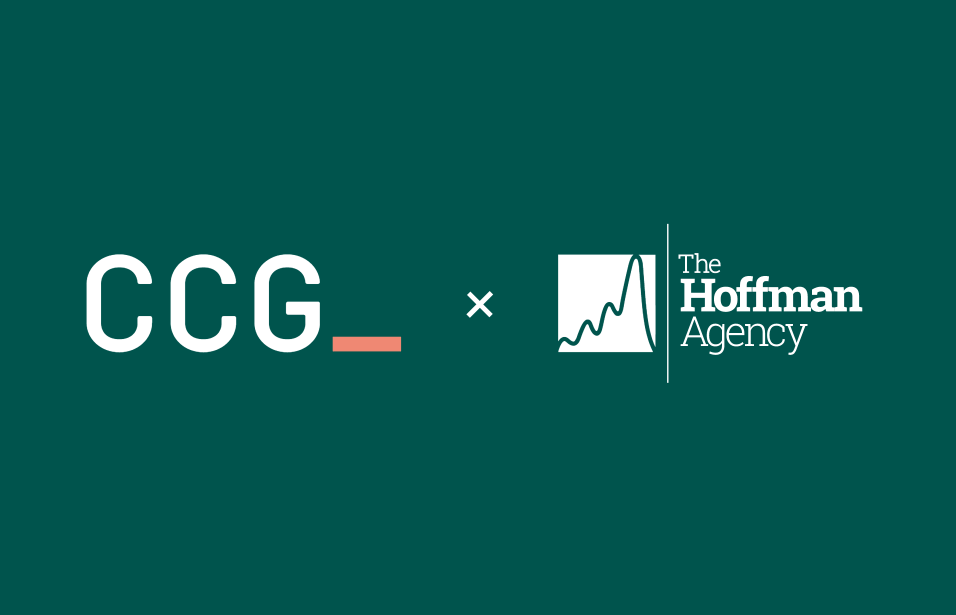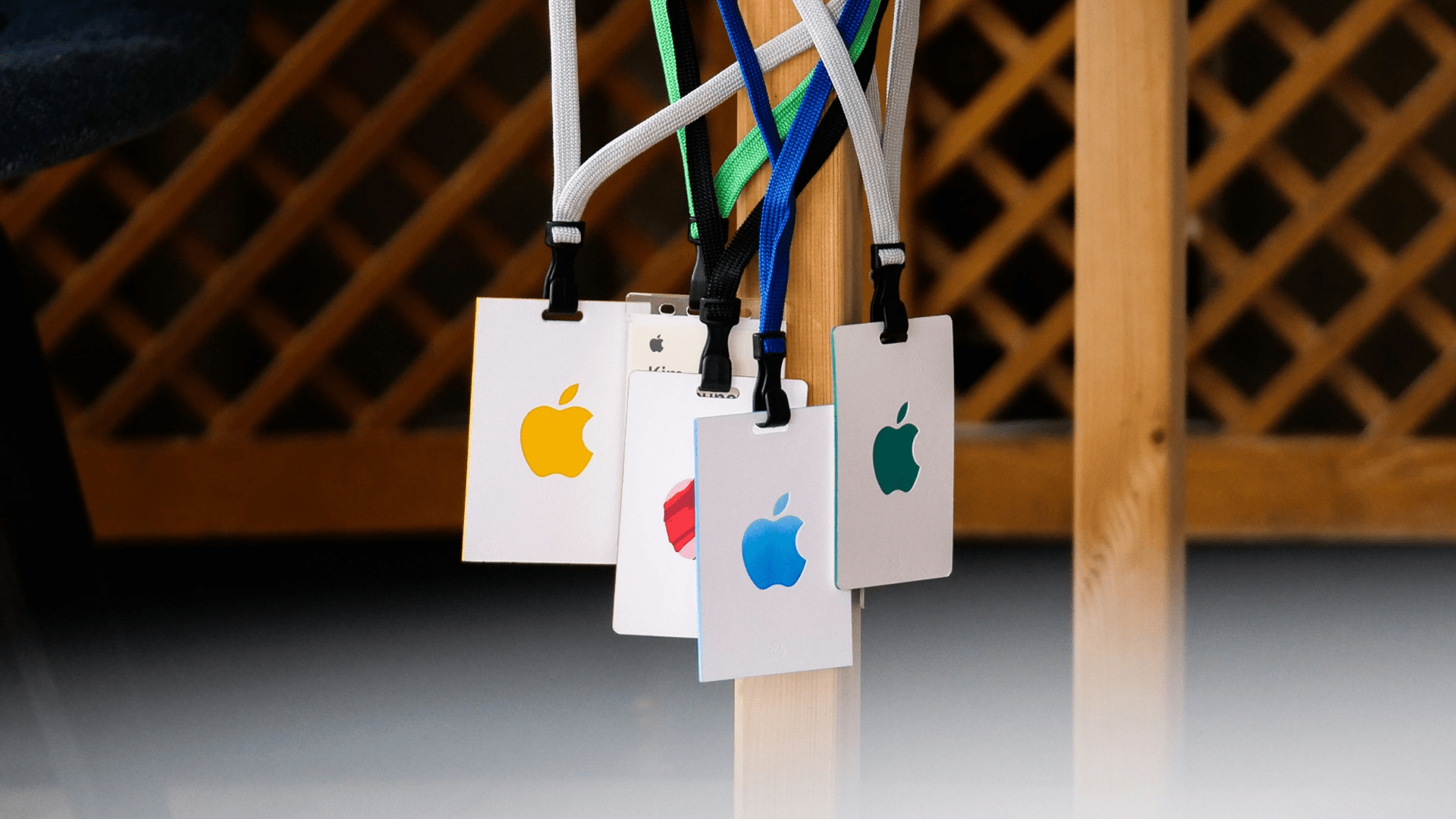For those that haven’t seen it, The Social Dilemma is a new Netflix film which is part documentary, part drama that looks at the damaging role of social media platforms on our lives, and on us collectively as a society. It features former employees from Facebook, Google, Instagram and Apple, and goes into great detail about the how these tech giants have purposely developed their technologies to be persuasive, using psychological methods and techniques to make them addictive.
Now, while you might think “I wouldn’t fall for this,” the truth of the matter is we all do. Tim Kendall, former president of Pinterest and former director of monetisation at Facebook, recounts how he would spend all his working day making Facebook more addictive, and he would get home and fall victim to the very technology he was creating, spending all evening on the social media site. But he couldn’t stop himself.
The Social Dilemma flicks between documentary and drama, and the drama paints a picture of the impact social media platforms are having on us as individuals, and the damage it is doing to our society. It touches on the negative impact social media is having on mental health (especially among Generation Z), as well fake news and the spread of disinformation, and how the gap between the far right and far left continues to widen because of how these platforms push content to its users (it’s the reason why many people get shocked at the results of political events, because they only see content from those that share similar views).
Of course, a Netflix documentary that slams its rivals should be taken with a pinch of salt (especially when Netflix deploys persuasive techniques like recommending relevant programmes and automatically loading the next episode in a series). Ultimately, all major tech companies, from the social media giants through to the likes of Google, Netflix, Amazon and Uber, are focused on three core elements: engagement, to drive use and to keep users scrolling; growth, to ensure users continue to invite others to the platform; and advertising, to ensure they’re making as much money as possible. It’s why you can see a speech bubble appear when someone is replying to a message, and it’s why you get notifications when you’ve been tagged in a picture, and it’s why you get pushed discount codes and promotions that ensure spending as much time (and money) as possible with these apps, and ideally, never leaving them.
Let’s take Amazon as an example. You can command Alexa to turn lights on and off, call a loved one, put a TV show on Amazon Prime, or, you can add something to the shopping list on the Amazon website, and have it delivered the very next day. You literally do not need to go outside the Amazon bubble—it has you covered in every aspect of your life. And that’s what the aim is really for all of these tech giants.
So far I’ve painted a very dark picture of the technology world, but it’s not all doom and gloom. Of course, The Social Dilemma rightfully highlights areas of concern, but it’s also worth mentioning these tech players weren’t purposely being bad actors—they were chasing money—no one had intentionally set out to create technology that would harm. The like button on Facebook they say was initially created to help spread love and positivity. Now it’s seen to do more harm than good to mental health, with people craving validation as a result.
And while it’s easy to slam these technologies, we can’t deny the positive impact these technologies have had on our lives. While most recently they’ve been instrumental in keeping friends and loved ones connected during the pandemic, they have reunited long lost family members, helped people get organ donations, raised money for those that otherwise wouldn’t have been able to fund life-saving surgeries. They’ve played a huge role in promoting and helping shine a light on the Black Lives Matter movement, plus many, many more.
Like any technology, there can be good and bad applications. Facial recognition provides convenience for unlocking our smartphones, but it’s also been wrongfully used to convict innocent people of crime. Deepfake technology has been used to spread disinformation, but it can also be used in films to allow production to continue when an actor has died. New technology will continue to emerge, and for the most part, it will have positive impacts on our lives. It’s why Deep Tech like AI blockchain is building traction, and companies developing these cutting-edge technologies are getting recognised for the work they’re doing using new, innovative technologies.
The technology industry is like no other—anyone can develop technology, and it can impact billions of people as a result. And The Social Dilemma does a good job of educating those outside of the tech bubble of the impacts it can have on our lives. But on the whole, technology has benefitted billions of people in many ways, and it will continue to do so. There are companies out there today developing new, future technologies that will change our lives for the better—and these companies deserve to have their technologies seen and their stories told.
While I’m very aware of the motive behind certain technologies, I know I will continue to be interested in and champion the technology that is helping the world become a better place.




